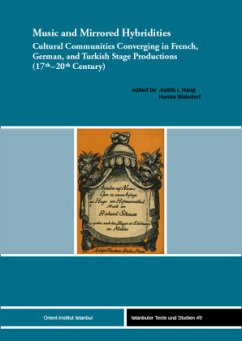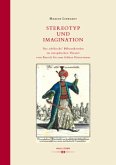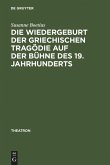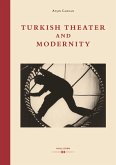In early modern Europe, music-theatrical patterns of representing the foreign 'Other' helped shape relations with the Ottoman Empire. Accordingly, hybridity must be understood as a dynamic practice playing with cultural blends and borrowings, albeit possibly (re-)producing inequalities, ambiguities, and clichés. Representations of Ottomans/Turks appear as musical features emerging out of vague inspirations derived from Ottoman/Turkish music, creating a particular sound that could be decoded as 'Ottoman' or 'Turkish' by contemporary listeners.This volume addresses the convergence of cultural communities on stage from early modern France to present-day Turkey, starting from the iconic 'Turkish scene' from Le Bourgeois gentilhomme (1670).With contributions byÖzlem Berk Albachten Thomas Betzwieser Aysenaz Cengiz Marie Demeilliez Irène Feste Judith I. Haug Hubert Hazebroucq Gerrit Berenike Heiter Evren Kutlay Martin Laiblin Hanna Walsdorf








